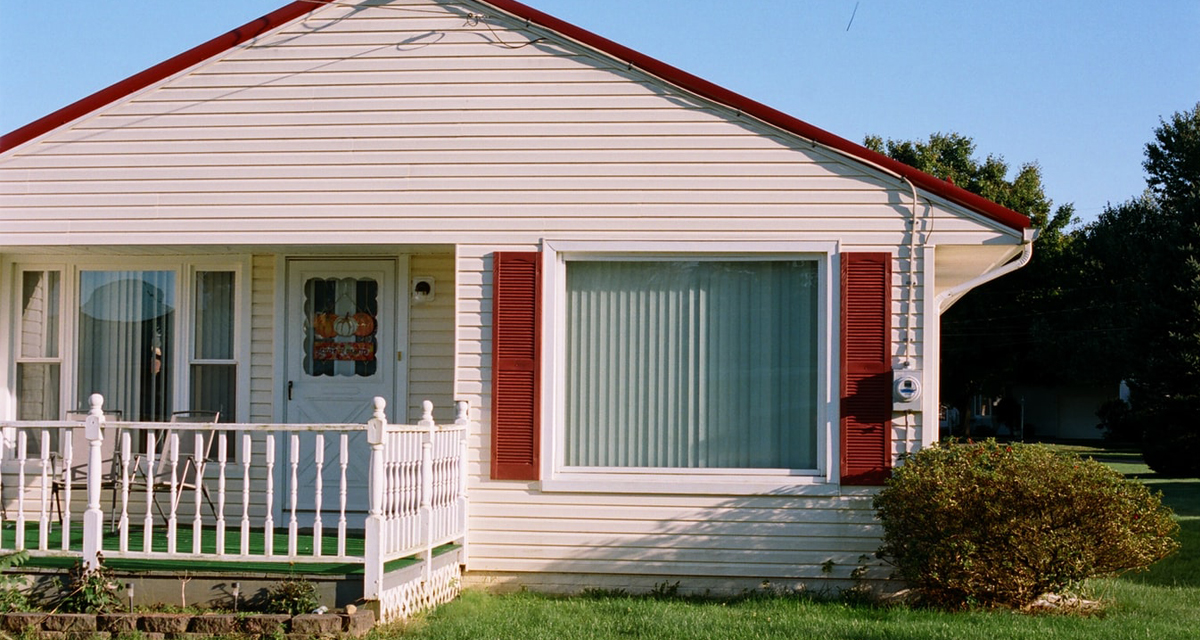AHP Makes Buffalo Homeowner Cry

“When I got the offer, I actually cried. When AHP called and said they were willing to work with me, I made up my mind that whatever I needed to do, I was gonna do it.”
Two years ago, Laesther Jones, a single mother of five from Buffalo, New York was diagnosed with breast cancer and had to leave work. She, like thousands of other Americans with extraordinary medical bills, fell behind on her mortgage payments. It got so bad that she tried to sell the house that she’d lived in for eight years, putting further strain on her and her family as she dealt with her cancer.
Buffalo’s housing situation is dire, especially in predominantly minority neighborhoods. A 2013 report from SUNY Buffalo found that more than half of “unfinished foreclosures” in Buffalo resulting in vacant homes were located in African-American neighborhoods. This hurts property values and can lead to crises like that faced by Laesther Jones.
In fact, 14% of homes in Mrs. Jones’ 14215 zip code are vacant. Even worse, 26% of the homes in the neighboring 14216 zip code are vacant. That is one in four houses that is abandoned, dilapidated, and lowering property values for everyone else. To make matters worse, the rate of foreclosure in Buffalo actually went up by an astounding 223% between 2014 and 2015.
Mrs. Jones’ story is a reminder that all over the nation, many homeowners – particularly low-income and minority families – continue to face difficulties. Lower-value homes are ten times as likely to be seriously underwater – just like Mrs. Jones’ was – than high-end homes.
What is being done about these issues? Not much, unfortunately, aside from legislation meant to create a registry of vacant houses. More helpful would be actions that would streamline the vacant property foreclosure process, as New York’s average foreclosure length is the second-highest in the nation at a staggering 986 days.
Mrs. Jones’ story has a happy ending. American Homeowner Preservation was able to purchase her mortgage. We accepted $2,000 to settle nearly $6,000 in delinquent payments and forgave the difference, reduced the $40,000 principal balance to $23,000, and fixed her monthly payment at $147 for the remaining 21-year term. Sounds charitable, but consider that AHP paid $6,405 for the mortgage, already has $2,000 back, and will receive $1,764 annually for the next two decades.
For Mrs. Jones’ five children, two of whom are under 18 and still live with her, the ability to stay in their home while their mother recovered was “a blessing.”
With the enormous burden of losing her home off of her back, Mrs. Jones is now able to focus on her recovery. Today, she is in remission can confidently say that, “Everything is fine.”
With her long nightmare coming to an end, Mrs. Jones is hoping to do some remodeling on her house. “That’s my next step. My first step was just saving my house. Now I can do the repairs I need to do because I have my house back.”
When asked if there was anything she wanted to say to anyone out there who might be going through a similar situation, she did not hesitate. “Always communicate,” she said. “Explain to them your situation and what you’re going through. There are people out there willing to help. For a long time I thought it was just me, but American Homeowner Preservation was there to help me save my house. Having that line of communication open, talking back and forth, getting a game plan together and moving forward, has got me in a good place now.”
“Always communicate,” she repeated with a laugh. “And pray.”


